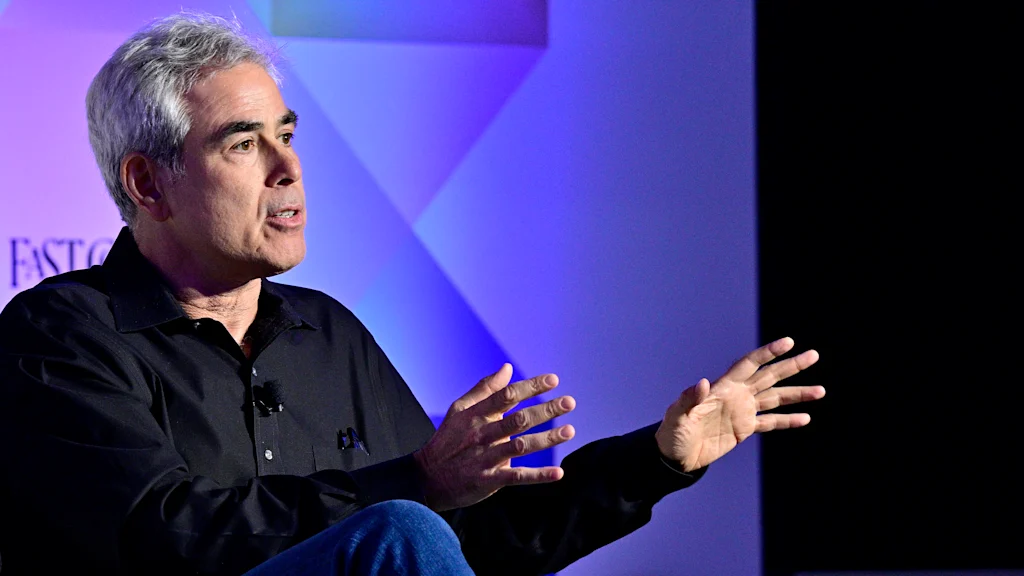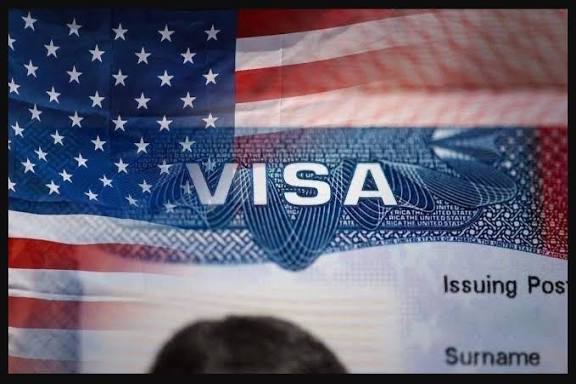
As of this month, 34 states and Washington, D.C., have policies aimed to reduce cellphone use at school, including complete or partial bans. One of the key figures who is credited with inspiring this movement is Jonathan Haidt, a social psychologist and professor at New York University’s Stern School of Business.
In his book The Anxious Generation, published last year, Haidt makes the case that the rise in social media and cellphone use is a major factor behind what’s making kids more anxious and depressed. Research shows that in the early 2010s, the prevalence of mental health disorders among young people started to climb rapidly—a trend that coincided with an increase in social media use among teens on digital platforms such as Facebook, Twitter, Instagram, and Snapchat.
At the Fast Company Innovation Festival in New York on Wednesday, Haidt pointed out that cellphone bans have been an easy win, because teachers already wanted the phones out of their classrooms. “The teachers have hated the phones for 10 or 15 years. How can you teach when your kids are watching TikTok and porn?” he said.
Moreover, Haidt pointed out, kids are also worried about the impact social media is having on them. “We’ve done a lot of surveys of Gen Z. They don’t like social media, but they feel trapped,” he said. “Fifty percent of Gen Z said they wish social media had never been invented.”
Subscribe to the Daily newsletter.Fast Company’s trending stories delivered to you every day
Privacy Policy
|
Fast Company Newsletters
Haidt’s antidote to the damage that social media has wrought is based on four pillars: no smartphones before high school; no social media before age 16; no phones at school; and more independence, free play, and responsibility.
However, when it comes to partial bans in schools, Haidt is lukewarm. While he believes they are better than nothing, he likens them to addiction treatments that go nowhere. With partial cellphone bans, he said, it’s as though “we’ll take a whole bunch of addicts, and we’ll say, ‘Eight times a day, we’re going to take your drug away from you. Then you can sit there for 45 minutes, thinking about the drug. Then we’ll give the drug back to you eight times a day.’”
He also discussed how social media is linked to political polarization and, in turn, possibly a rise in violence—such as the assassination of conservative activist and media personality Charlie Kirk earlier this month.
”I can’t say exactly what happened with Tyler Robinson [who is suspected of killing Kirk], but this is what’s happening to our boys,” Haidt said. Boys in particular have been made to feel that they “have to get rich quick or famous quick, otherwise they’ll lose in the mating game.”
He added: “We’ve abandoned kids—and especially boys, who need guidance to go from boy to man. We’ve said, ‘Nah, we’re too busy here. Just spend your whole life on Discord, TikTok, and porn.’”
Haidt’s critics say he’s inciting moral panic, similar to when each generation fixates on a “harmful” new technology that kids are using, whether it’s TV or listening to rock music on the radio. Haidt pushed back, saying that, traditionally, moral panic comes from the media. In this case, it’s the opposite.
“Why are parents so freaked out? Are they freaked out because Jonathan Haidt says it’s bad for your kids?” he asked. “Or are they freaked out because they saw their nephew—this fun, bright kid—get lost in a web of porn?” Or maybe “their kid is five years younger, and they don’t want that to happen to their kid?”
Plus, Haidt argued, in the past, kids would fight back against moral panic. This time, they aren’t. They agree—or at least appear to.
“The universal thing that we hear when a school goes phone-free,” he said, “is we hear laughter in the hallways again. The lunchroom is really loud.”



